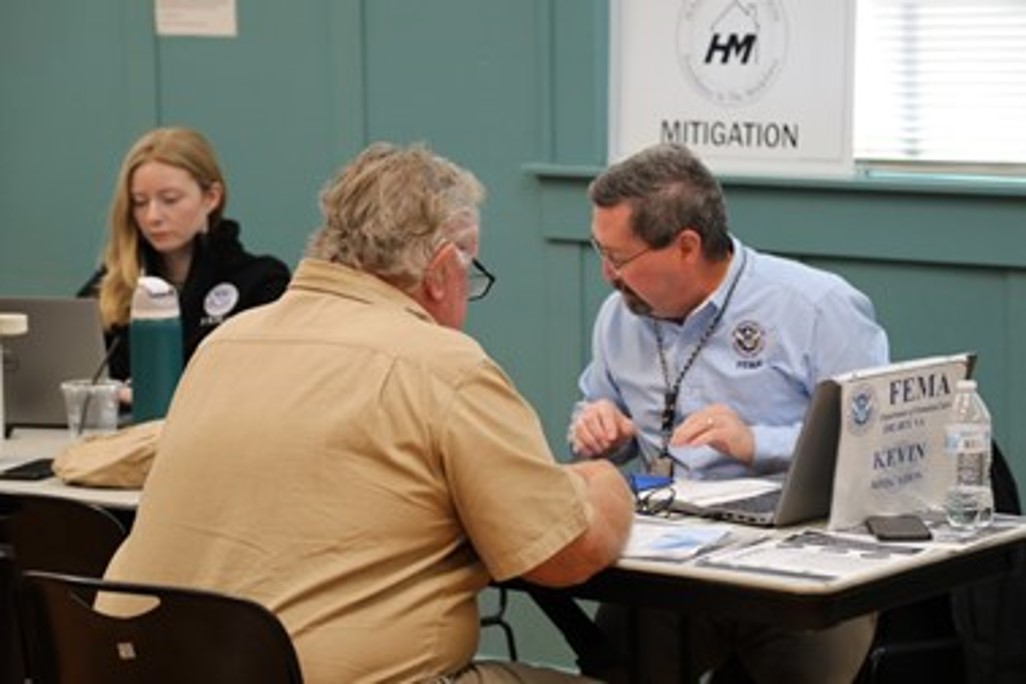FEMA strives to process request for records under the Freedom of Information Act (FOIA) on a first-in, first-out basis while applying a presumption of openness. This page, and related pages, serve to increase the public’s awareness of records being released under the FOIA and ensure information is accessible online in advance of any public request.

Contact FEMA FOIA at 202-646-3323 8 a.m. to 5 p.m. | fema-foia@fema.dhs.gov
Recent FOIA Requests
Learn more about these events and more on the Spotlight on Transparency page.

On Sept. 26, 2024, Hurricane Helene made landfall in the Big Bend area of the Florida Gulf Coast as a Category 4 storm. Debby formed as a tropical storm in the southeast Gulf of Mexico on August 3rd, 2024.

Hurricane Helene
On Sept. 26, 2024, Hurricane Helene made landfall in the Big Bend area of the Florida Gulf Coast as a Category 4 storm. Helene's largest impacts were across the southern Appalachians where widespread severe and unprecedented flooding occurred with hundreds of fatalities and billions in property damage.

Learn how to submit a FOIA request or Privacy Act request.
Search the FEMA FOIA Library, or other DHS Component Libraries, to view other records that have been released previously.

Access emergency management-related data sets available through public resources.
Find FEMA highlights of recent FOIA requests or proactively released records concerning topics of popular national interest.
Submit a FOIA request to the FEMA Disclosure Office or check the status of your request online.
Learn about the formal disaster declaration process, disaster types, how FEMA gets involved, and other resources.

Since 1967, the Freedom of Information Act (FOIA) has provided the public the right to request access to records from any federal agency. It is often described as the law that keeps citizens in the know about their government.
Federal agencies are required to disclose any information requested under the FOIA unless it falls under one of nine exemptions which protect interests such as personal privacy, nation security, and law enforcement.
The FOIA also requires agencies to proactively post online certain categories of information, including frequently requested records. As Congress, the President, and the Supreme Court have all recognized, the FOIA is a vital part of our democracy.

